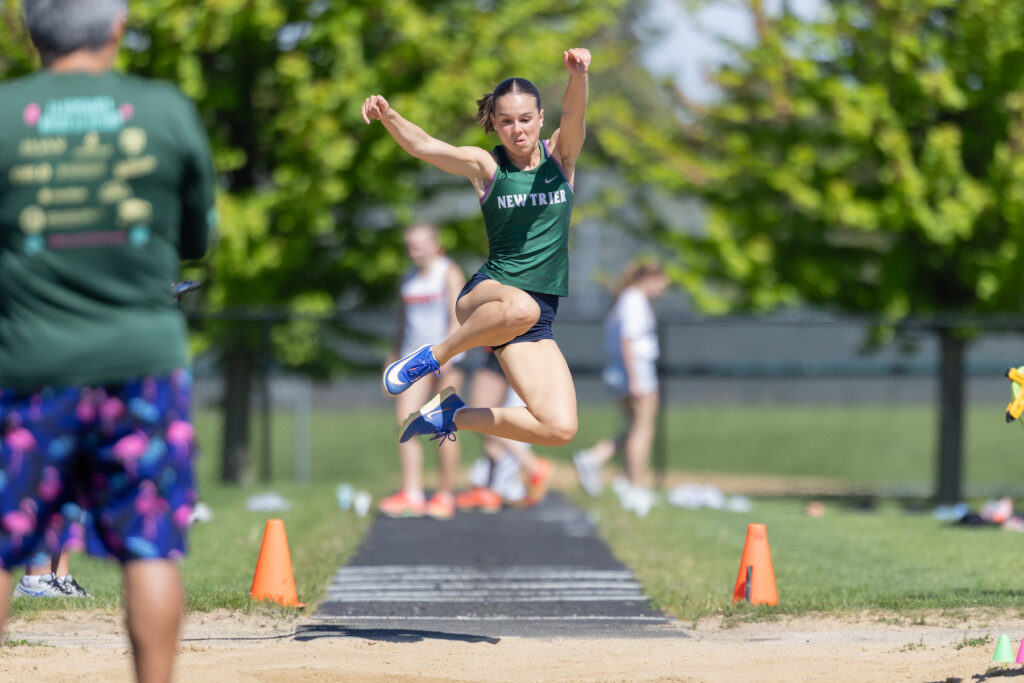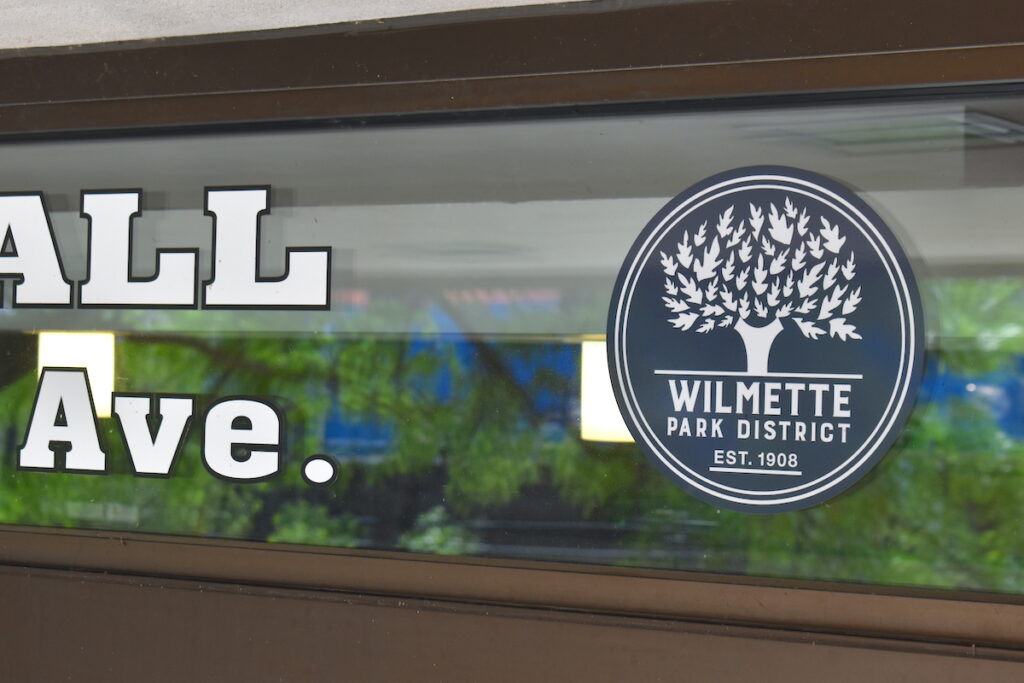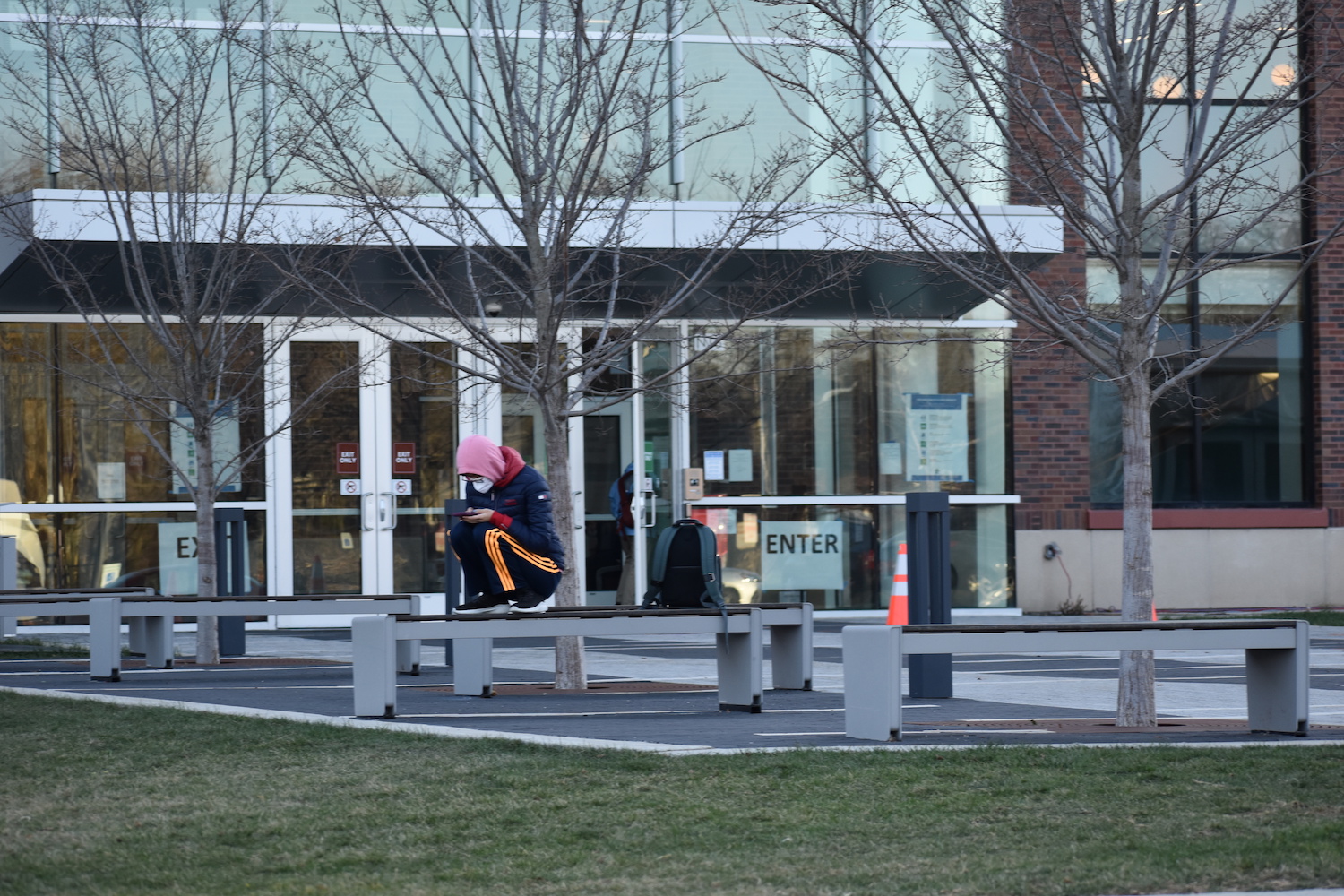
New Trier to mandate COVID-19 screening for in-person learners before it moves to 50% capacity
New Trier High School students learning in-person will likely need to meet a new requirement next year.
After support from the district’s board of education, Superintendent Dr. Paul Sally said during the board’s Monday, Dec. 14 meeting that the school’s administration will move forward with requiring student participation in its COVID-19 screening program.
Board members did not need to formally approve the measure, yet they all again signaled their support for mandated student participation and provided the directive to move forward.
Sally said the mandate will “really provide additional protection,” adding that nearly all who wish to attend school in person would need to participate.
Some exceptions for the mandatory participation requirement will be made for students with special needs, officials said at the meeting. A hearing process for those students who cannot participate will also be in place, per Sally.

The district will be sending out communication later this week so that families have the necessary information they need regarding the upcoming mandate, Sally said.
The district, which was previously testing biweekly, has already started to transition to screening students every week and has communicated to families that it would like them to conduct weekly saliva screening, Sally said at the meeting.
Board President Cathleen Albrecht stated the importance of starting the mandated process sooner rather than later to ensure that it’s running in the best possible capacity before the district plans to welcome two tracks of students near the end of January.
“I think starting that salvia screening at a 100 percent requirement and starting it as soon as we are back from winter break would be really important while we’re still at 25 percent plus the expanded E Track to work out the kinks and have this really strong and ready to go when we advance to the 50 percent, two tracks on Jan. 25,” she said.
According to district data presented at the meeting, participation in the screening program has remained largely flat and even slightly decreased recently. Just over 84 percent of students are currently participating in the program, while 74 percent of staff members are, the data shows.
Ninety-five percent of students participating in in-person learning have signed up for the program, but only 84 percent are currently submitting the saliva samples.
The current staff member participation rate is at its highest since the screener program was implemented; however, student participation is at the lowest rate, officials said.
Albrecht, on behalf of the board, asked Sally and his administration to work with the employees associations toward achieving full participation for all employees on campus.
Earlier in the meeting, Sally addressed the current status of discussions with the associations.
“We’re continuing to work with the associations — and it’s all associations: teachers, support staff and PPS staff — to increase that participation rate as well,” he said. “I think that we’ve had good collaborative efforts and we see those efforts as ongoing and we need to keep those efforts moving until we get greater than 90 percent.”
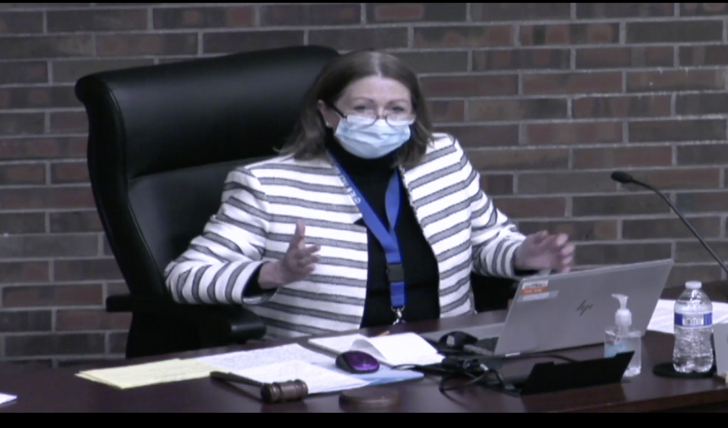
In previous meetings, board members and school officials have frequently stated their confidence in the screener program, which was first approved in mid-October, and it’s ability to keep asymptotic cases of COVID-19 out of the building.
So far, the program has caught 38 presumptive cases of COVID-19 since the district started collecting samples in early November, per district data.
Thirty-six of those presumptive positive cases have been students.
The positivity rate from the screenings throughout the district has not exceeded 1.2 percent. The rate for the week of Dec. 7, the most recent time frame in which samples were collected and data is available, is 0.25 percent, according to district data.
Once the mandate on the screening program is finalized, students will receive a daily reminder through the RUVNA screening questions that they must fill out before they are able to enter the building.
New Trier is the first area district to implement the screening program at this capacity. While the mandated participation will increase safety, it will also cause the district to work through some logistical struggles in coordination.
“We’re really the pioneers here and it places an extra burden on us,” board member Marc Glucksam said. “We really need to make this a habit and … as easy as possible. But there are so many good things about this screening, as I say at every meeting: It’s accurate, it’s totally noninvasive, it’s free, it’s private … and it protects the students and staff and their families and the community.”
Expanded ‘Track E’ update
In addition to moving forward with the mandated participation, Sally said district administration will also continue to pursue adding more students to “Track E” in the coming weeks.
Since the board of education approved a plan last week to immediately add students to this track, approximately 275 students have been added. This track includes students identified by the district as students who would benefit most from more in-person instruction.
Of those 275 students, approximately 100 have been added to tracks at the Northfield campus, officials said.
Sally said during the board’s Dec. 1 special meeting that the goal is to accommodate 1,200 more students on campuses per week under the approved operational plan.
Members of the board all expressed their interest in adding more students to the track in the weeks before the district transition to its two-track model.
Hearing from the public
Seven members of the public addressed the board during the public-comment portion of the meeting.
Six of the public commentators donned T-shirts with the logo of Open New Trier, an ad hoc group advocating for more in-person learning opportunities.
Comments from those six speakers included the perceived need for a “half-day, everyday” model, teachers returning to the classroom for in-person instruction, and more parent representation on the district’s Reopening Advisory Board.
Two New Trier educators, JJ Hill and Katja Steen, addressed the board asking it to consider the “sanctity of accommodations” for teachers moving forward.
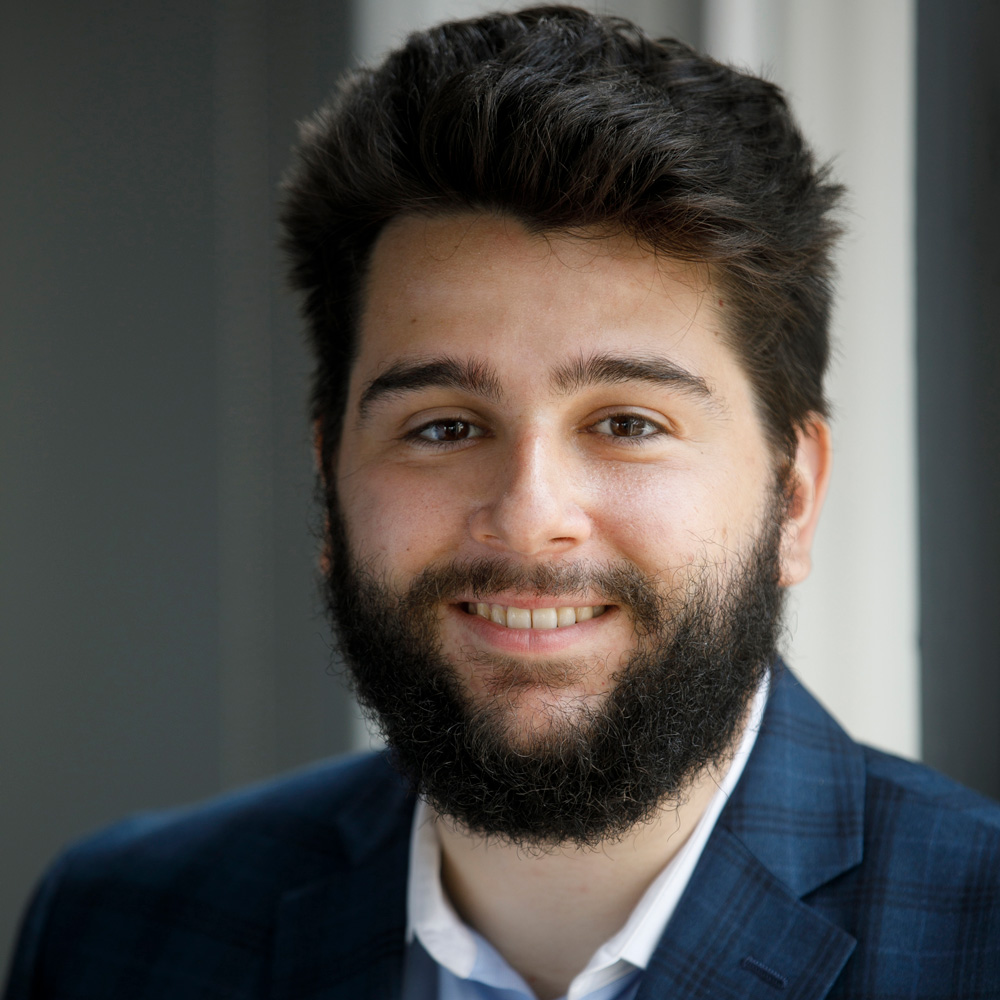
Martin Carlino
Martin Carlino is a co-founder and the senior editor who assigns and edits The Record stories, while also bylining articles every week. Martin is an experienced and award-winning education reporter who was the editor of The Northbrook Tower.

